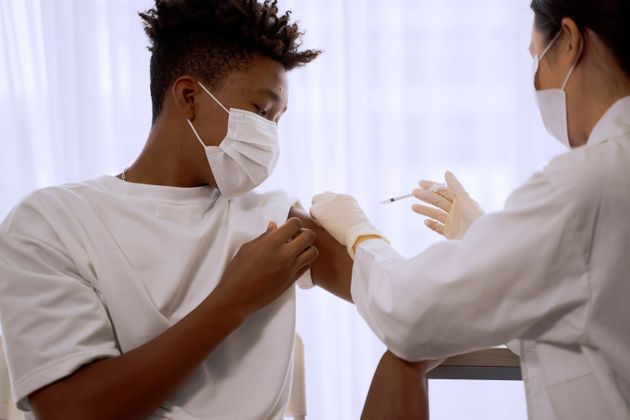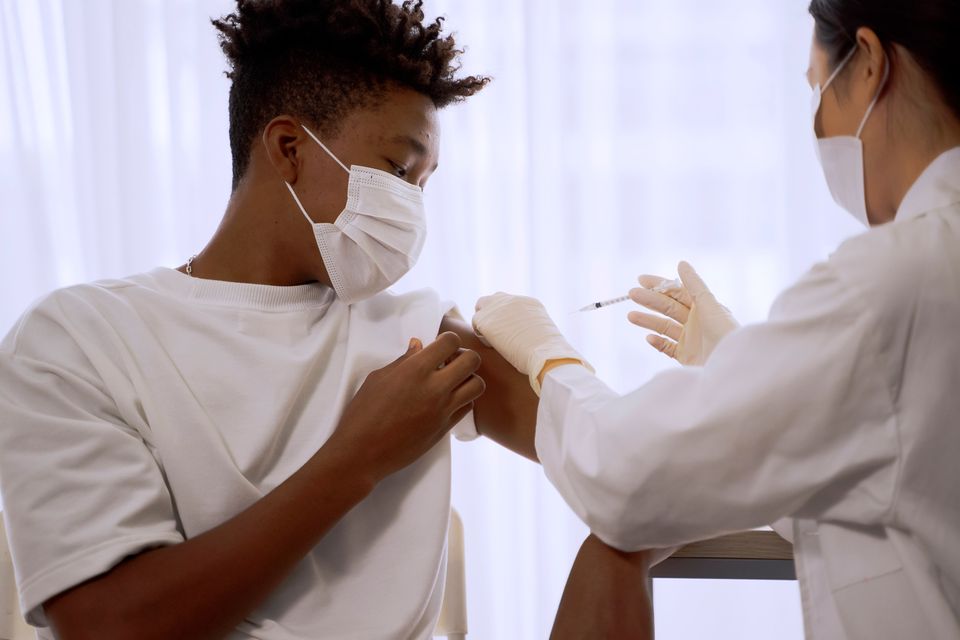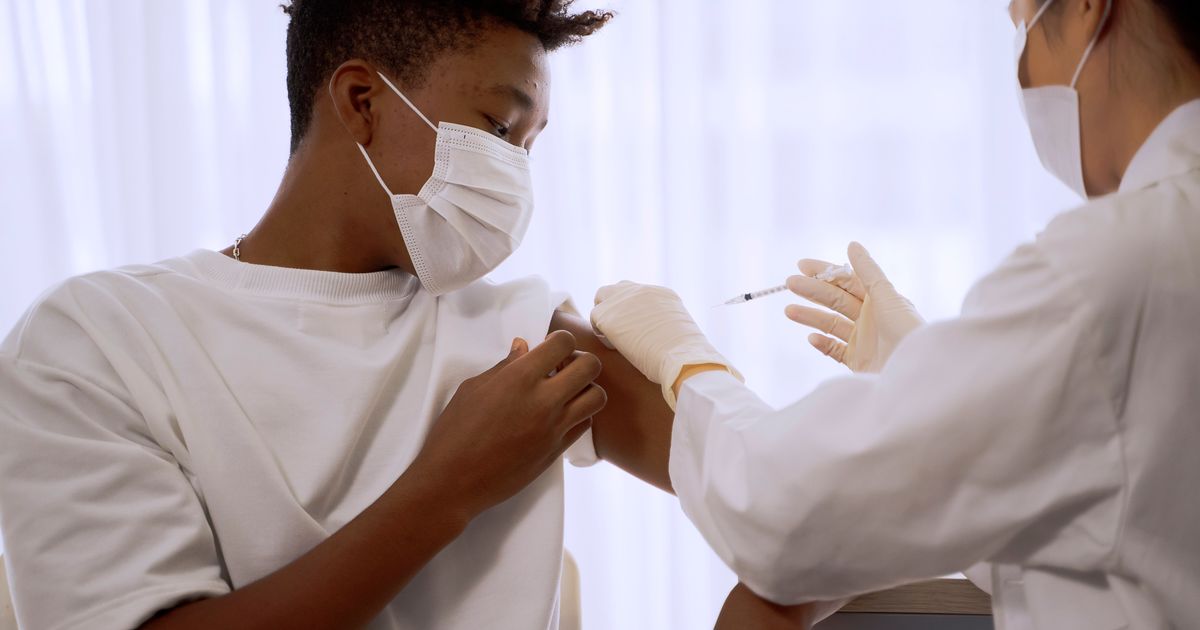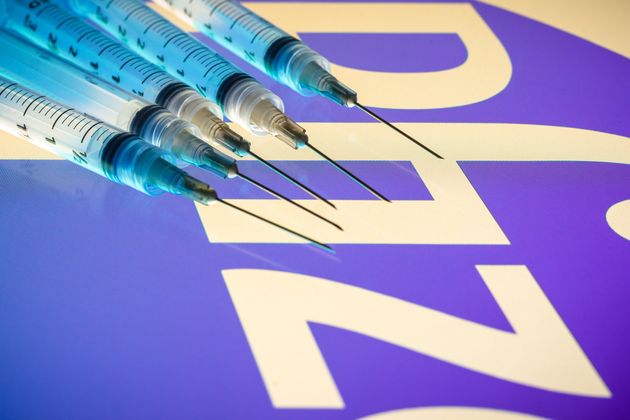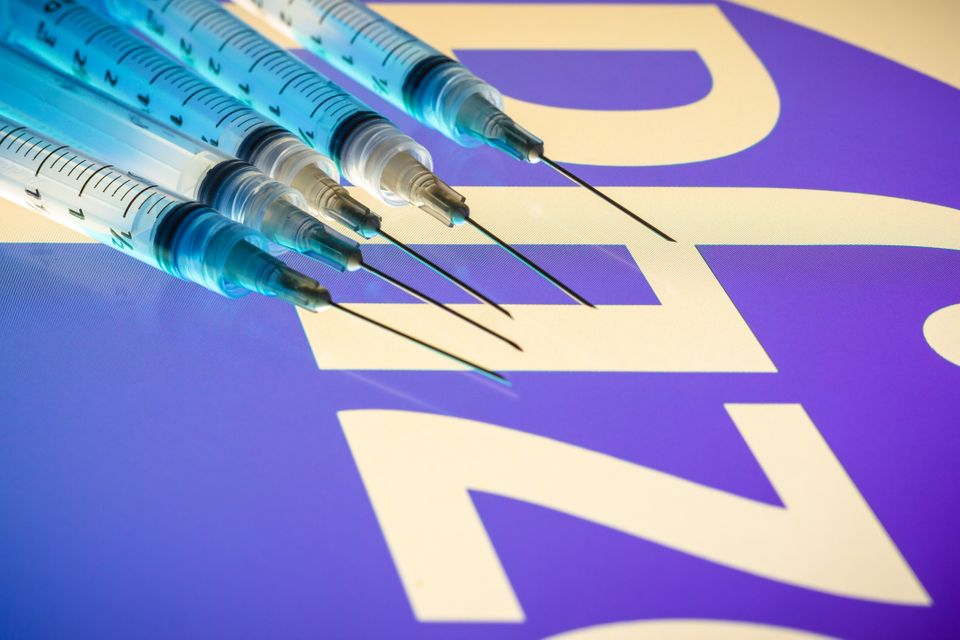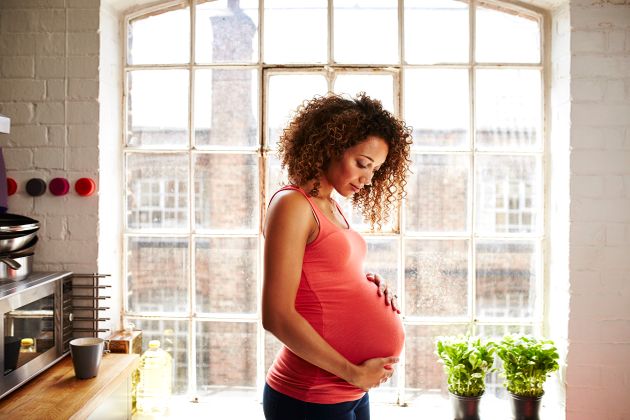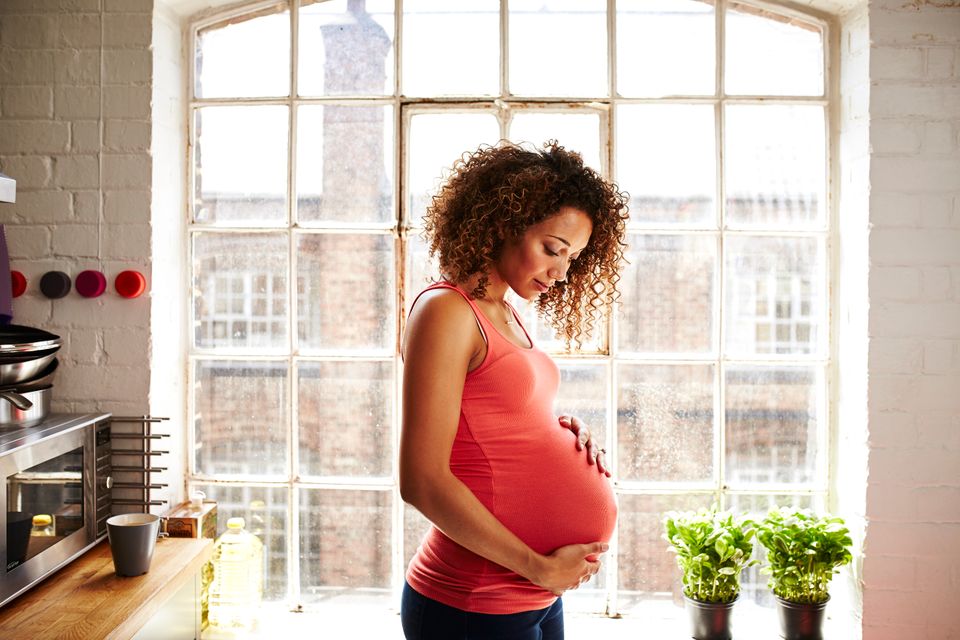Leaving eight weeks between your first and second dose of the Pfizer Covid-19 vaccine is the optimum gap for immunity and protection, say scientists.
A new study, funded by the Department of Health and Social Care has found that a 10-week gap between doses produces higher antibody levels, as well as a higher proportion of infection-fighting T cells, compared to just four weeks.
Advertisement
However, scientists involved in the study have described an eight-week dosing interval as the “sweet spot” when it comes to generating a strong immune response while also protecting the UK population against the Delta variant of coronavirus – to which people can still be vulnerable after just one jab.
At the start of the second wave of the Covid-19 epidemic, the Joint Committee on Vaccination and Immunisation (JCVI) decided to recommend 12 weeks between two doses for the two vaccines that were available at the time: Pfizer and Oxford/AstraZeneca.
Advertisement
This was when vaccines were in short supply and early research suggested that widening the gap from the manufacturer-recommended four weeks to 12 ramped up the jabs’ immune response.
In May, the guidance was changed to eight weeks as cases associated with the Delta variant – which was first identified in India – continued to rise in the UK.
Advertisement
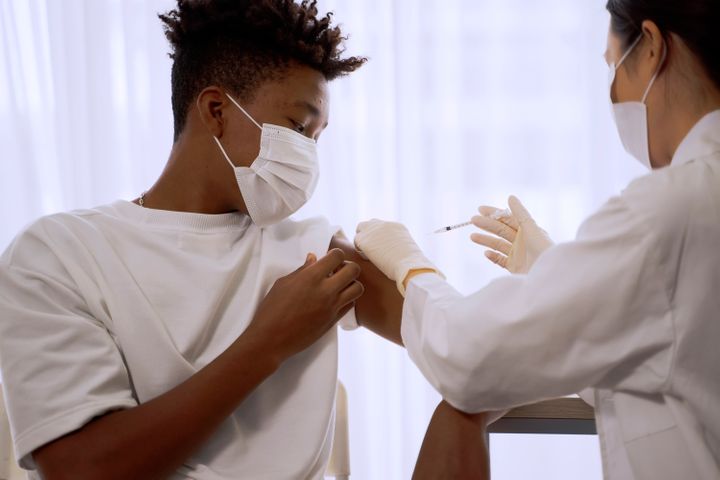
Professor Susanna Duanchie of the University of Oxford, joint chief investigator in the study, said: “The original recommendation from JCVI was 12 weeks and this was based on a lot of knowledge from other vaccines that often having a longer interval (between doses) gives your immune system a chance to make the highest response.
“The decision to put it to eight weeks is really balancing all the wider issues, the pros and cons – two doses is better than one overall. Also, other factors need to be balanced: vaccine supply, the desire to open up, and so on.”
She added: “I think that eight weeks is about the sweet spot for me, because people do want to get the two vaccine (doses) and there is a lot of Delta out there right now. Unfortunately, I can’t see this virus disappearing so you want to balance that against getting the best protection that you can.”
Researchers recruited 503 healthcare workers for the study, 44% (223) of whom previously had Covid-19, and studied the immune responses generated by the Pfizer jab. They found that both short (three to four-week) and long (10-week) gaps between the Pfizer vaccine doses generated strong antibody and T cell immune responses.
Advertisement
But the longer gap led to higher antibody levels and a higher proportion of helper T cells, which according to the researchers, supports immune memory.
After the second dose, a wider gap also resulted in higher neutralising antibody levels against the Delta variant and all other variants of concern, they found. But in this instance, antibody levels dropped off between first and second dose – leaving the recipients vulnerable against the Delta variant after one jab.
Dr Rebecca Payne, one of the study’s authors from Newcastle University, said the cellular response from infection-fighting T cells remained consistent across both long and short dosing gaps, suggesting they play an important role in protecting against Covid-19 between the first and second jab.
“After the second dose on the longer dosing schedule, antibody levels surpassed those seen at the same timepoint after a shorter dosing interval,” she added. “Although T cell levels were comparatively lower, the profile of T cells present suggested more support of immune memory and antibody generation.”
Researchers said there may be exceptions where the gap between doses may need to be shortened from eight weeks to four, such as before treatments that may affect the immune system, such as cancer or organ transplant.
Vaccines minister Nadhim Zahawi said the government took the JCVI’s advice to shorten the dosing interval from 12 to eight weeks to help protect more people against the Delta variant.
“This latest study provides further evidence that this interval results in a strong immune response and supports our decision,” he added.
“I urge every adult to get both doses of the vaccine to protect yourself and those around you and we are looking to offer millions of the most vulnerable a booster jab from September to ensure this protection is maintained.”

